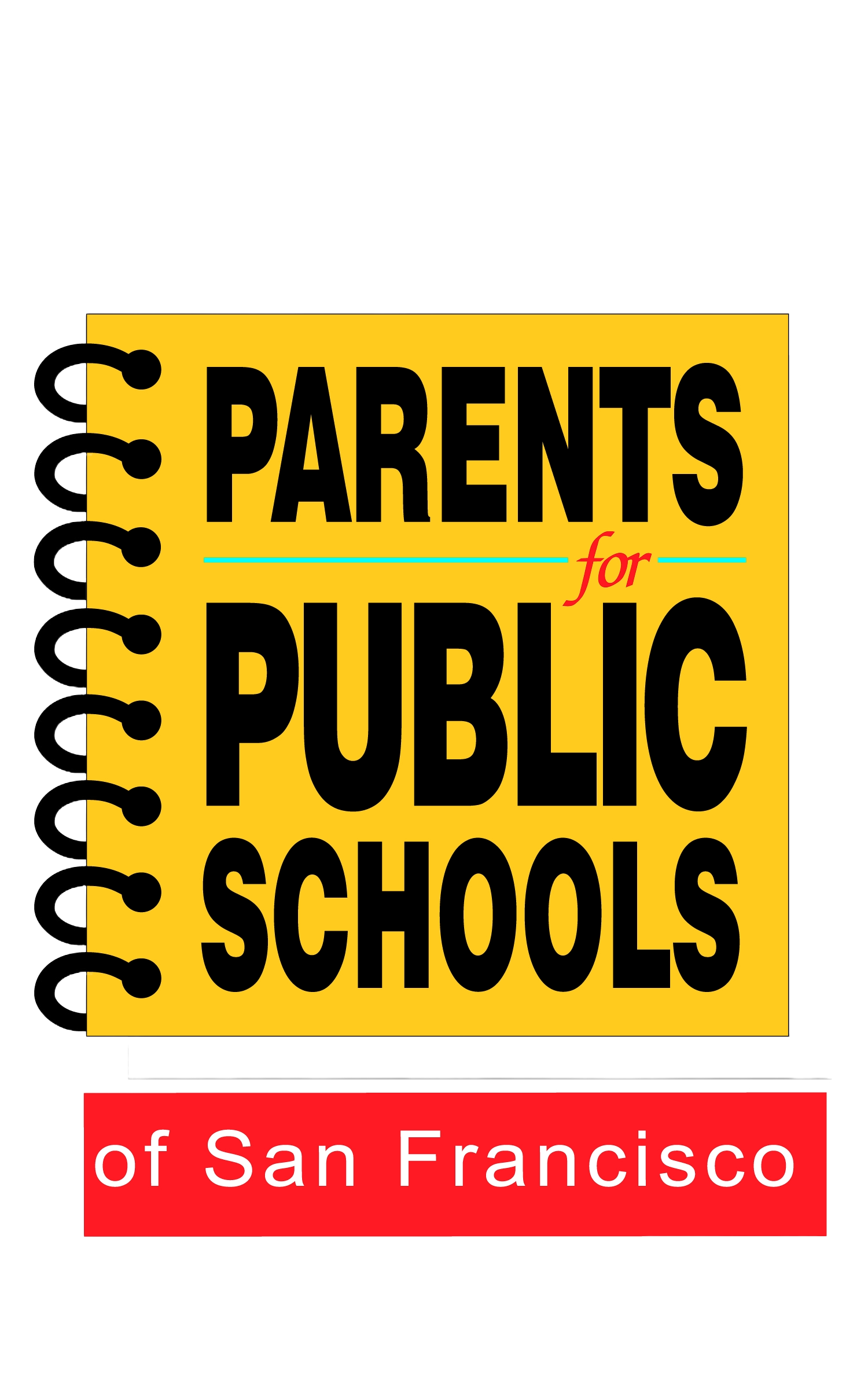School Site Councils (SSCs) in California play a pivotal role in school governance, especially for schools receiving state and federal funding like Title I. Their focus is on promoting equity, inclusion, and continuous improvement by analyzing student data, monitoring school plans, allocating budgets equitably, engaging parents and communities, and advocating for resources. As they approach the end of the 2023-2024 academic year, SSCs are urged to prioritize these tasks to support student success and address disparities in educational outcomes.
The Local Control Accountability Plan (LCAP) Parent Advisory Committee aims to enhance the effectiveness of educational plans by fostering strong partnerships between schools and families. This initiative emphasizes the importance of active, collaborative, and meaningful engagement in learning processes, aligning with the organizational values of school districts.
Read MoreThe Community Advisory Committee (CAC) for Special Education in the San Francisco Unified School District focuses on promoting inclusion and enhancing support for students with disabilities. By advising on special education services and advocating for essential resources, the CAC ensures that every child has the opportunity to reach their fullest potential. Their work, alongside organizations like Parents for Public Schools of San Francisco, underscores a commitment to educational equity and high-quality education for all students.
Read MoreParents for Public Schools of San Francisco actively participates in SFUSD's LCAP Advisory Committee to advocate for marginalized families and ensure equitable services for students in need. They report back to the community, highlighting concerns like mental health, staff training, and funding. Recently, they faced unusual restrictions on meeting attendance, emphasizing the importance of inclusive dialogue and the role of community organizations in supporting diverse student needs. Their involvement aims to enhance family-school partnerships and informed decision-making for a more equitable education system.
Read MoreGovernor Newsom's 2024 budget proposal of $291 billion, down from last year's, addresses a $37.9 billion deficit through significant cuts in climate, housing, and healthcare programs, alongside a $13 billion withdrawal from state reserves. These reductions could have lasting impacts on California's social safety nets and disproportionately affect low-income communities and communities of color, signaling a challenging balance between fiscal austerity and support for vulnerable populations in future budgets.
Read More






